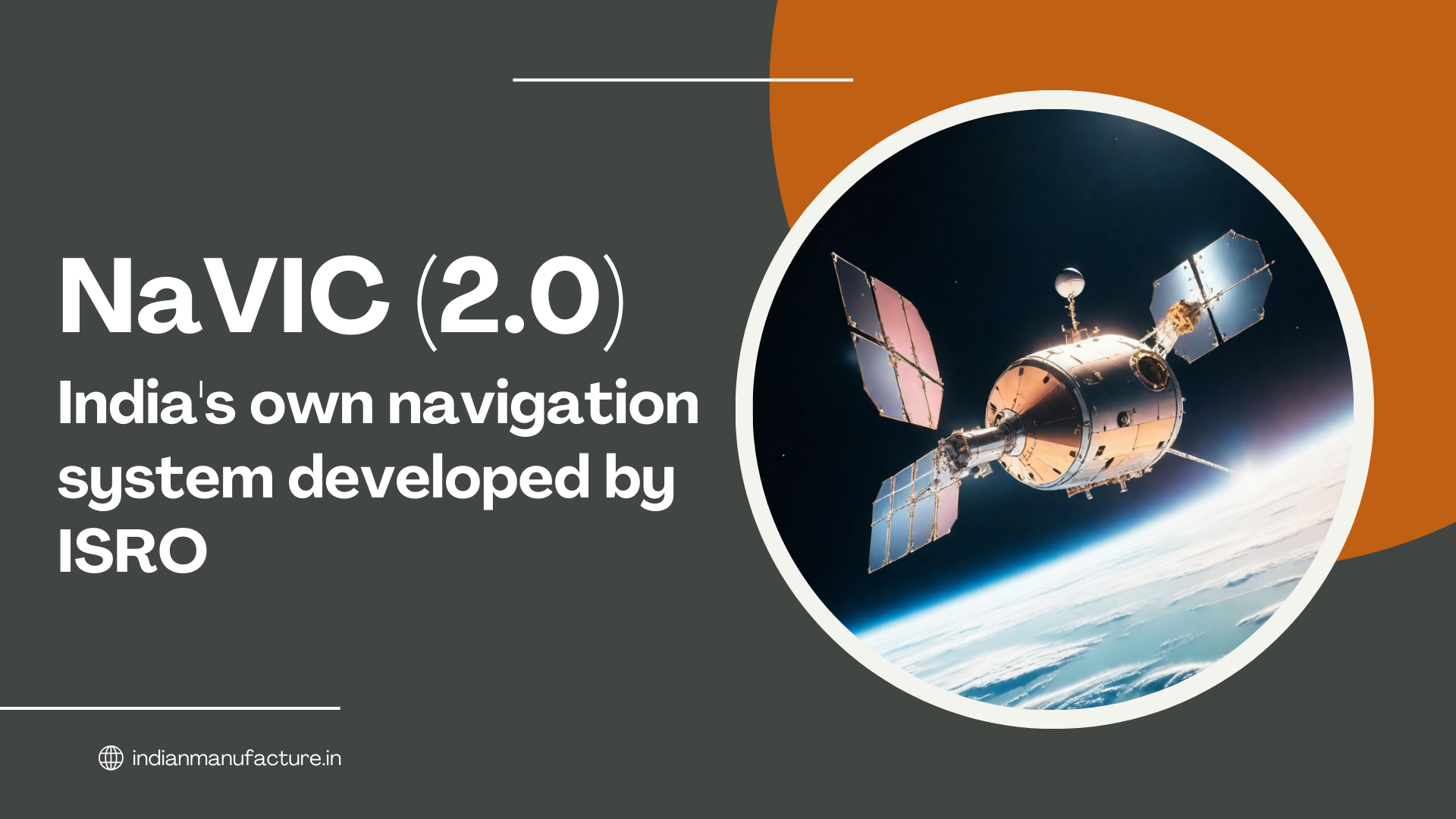Introduction:
The Indian Space Research Organisation (ISRO) has been at the forefront of space exploration, making India proud with its remarkable missions like Gaganyaan, Mangalyaan, and Chandrayaan. Each successful mission has propelled India’s space program to greater heights, showcasing its prowess in space technology. Now, ISRO has achieved another groundbreaking milestone with its innovative “zero-debris mission,” positioning India as a leader in space sustainability and safety. This achievement not only makes India proud but also marks a significant leap for the entire world in the quest for cleaner and safer space exploration.
Zero-Debris Mission:
ISRO’s zero-debris mission, demonstrated through the successful re-entry of a satellite (PSLV Orbital Experimental Module-3 (POEM-3)) using the PSLV rocket, is a pioneering technology that aims to eliminate space debris. Unlike traditional launches where excess fuel is discarded, ISRO’s approach retained extra fuel for controlled re-entry. This revolutionary method ensures a gradual descent of the rocket into the Earth’s atmosphere, effectively managing space debris hazards. By precisely tracking the impact location of the returned rocket, ISRO has set a new standard for responsible space exploration, addressing the critical issue of space debris management.
Advantages of Zero-Debris Mission:
The zero-debris mission technology brings several advantages to India’s space endeavors:
- Space Sustainability: By eliminating space debris, ISRO’s technology contributes to a cleaner and safer space environment, reducing the risk of collisions and safeguarding operational satellites.
- Enhanced Safety: Controlled re-entry mitigates the dangers of uncontrolled trajectories and the potential hazards of toxic materials onboard, ensuring the safety of both space assets and the Earth’s inhabitants.
- Boosting Innovation: This technology opens doors for more frequent and cost-effective launches. Imagine not having to worry about spent rockets cluttering up valuable orbital space!
- Global Leadership: ISRO’s pioneering technology places India at the forefront of sustainable space exploration, earning recognition and respect on the world stage for its innovative approach to space debris management.
Future Implications and Cost Reduction:
The successful implementation of the zero-debris mission technology holds promising implications for India’s space programs. It paves the way for more sustainable and cost-effective space missions, as the controlled re-entry approach reduces the need for costly debris mitigation measures. Additionally, this innovative technology sets a new standard for responsible space exploration, inspiring other space agencies to adopt similar practices, thereby fostering a global culture of space sustainability.
Conclusion:
ISRO’s achievement of accomplishing a zero-debris mission with the PSLV rocket marks a defining moment in India’s space exploration journey. As ISRO continues to push the boundaries of innovation, the zero-debris mission stands as a testament to India’s unwavering dedication to shaping the future of space exploration in a cleaner, safer, and more sustainable manner. With this remarkable milestone, ISRO has not only made India proud but has also set a new standard for space agencies worldwide, ushering in a new era of space exploration that prioritizes the preservation of the space environment for generations to come.
To know about Indian space technology, subscribe to our news letter.
